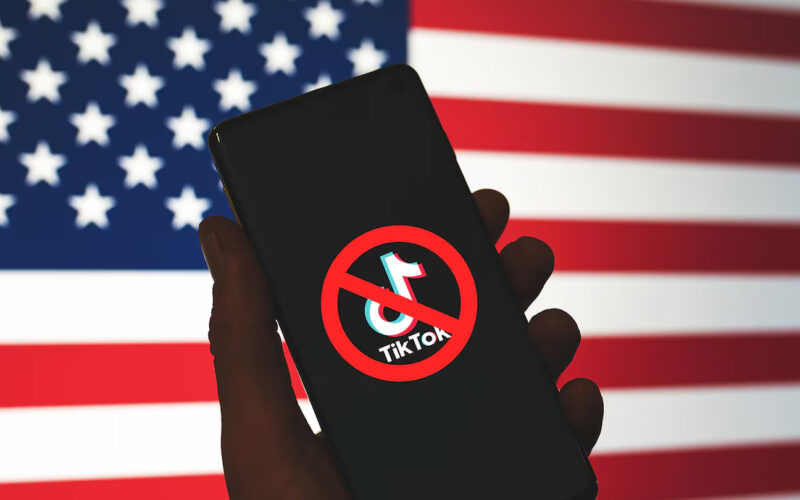TikTok, the popular short-video platform owned by ByteDance, has announced plans to cease all operations in the United States by January 19, 2025, in response to a federal mandate requiring its Chinese parent company to divest U.S. assets or face a nationwide ban.
The impending shutdown follows legislation signed into law by President Joe Biden in April 2024, citing national security concerns over potential data access by the Chinese government. The law mandates that app stores remove TikTok and prohibits internet providers from allowing access to the platform if ByteDance does not sell its U.S. operations by the specified deadline.
In anticipation of the ban, TikTok plans to implement a complete blackout rather than allowing existing users continued access. Users attempting to open the app after the deadline will encounter a message redirecting them to a statement about the federally mandated ban, along with options to download their personal data.
TikTok has challenged the legislation, arguing that it violates the First Amendment by suppressing freedom of speech. The company filed an emergency motion for an injunction to prevent the ban from taking effect, citing potential “substantial losses.” However, during oral arguments on January 10, Supreme Court justices appeared inclined to uphold the law, expressing skepticism toward TikTok’s First Amendment claims.
The shutdown coincides with the U.S. presidential transition, as President-elect Donald Trump, who has previously attempted to ban TikTok, takes office on January 20. Despite his earlier stance, Trump has recently expressed opposition to the ban, suggesting he can negotiate a resolution addressing national security concerns.
ByteDance has thus far refused to sell TikTok’s U.S. operations, though analysts suggest this position could change as the reality of a forced market exit looms. Several entrepreneurs, including “Shark Tank” investor Kevin O’Leary, have expressed interest in purchasing TikTok’s U.S. assets, emphasizing the importance of protecting user privacy and empowering creators.
The potential ban has prompted TikTok’s approximately 170 million U.S. users to seek alternative platforms. Notable alternatives include Xiaohongshu (RedNote), Lemon8, Instagram with Reels, YouTube with Shorts, Snapchat, Twitch, Clapper, Triller, and Zigazoo, each offering unique features catering to diverse user preferences.
As the January 19 deadline approaches, TikTok’s future in the U.S. remains uncertain, pending the Supreme Court’s final decision and potential negotiations under the incoming administration.


“The TikTok shutdown is a significant moment in the ongoing debate between national security and digital freedom. For millions of U.S. users and creators, this is more than just losing a platform; it’s losing a community and a source of livelihood. While alternative platforms are mentioned, replicating TikTok’s unique algorithm and community engagement will be a challenge. Let’s hope for a resolution that prioritizes user privacy, creator empowerment, and a balanced approach to security concerns. What’s your take on this—are we witnessing a necessary step for security or an overreach that stifles digital expression?”